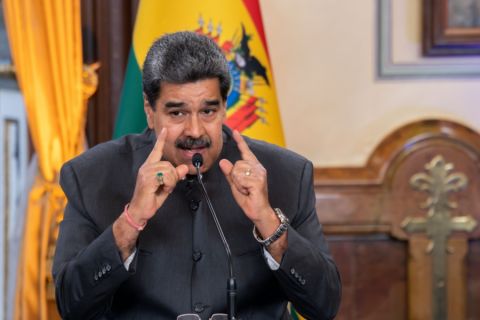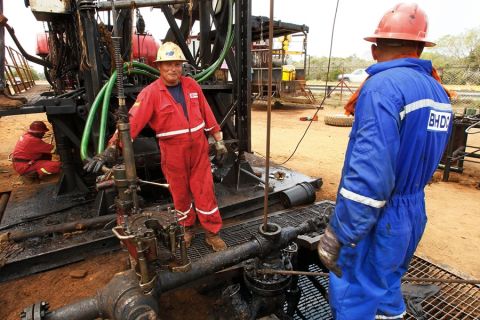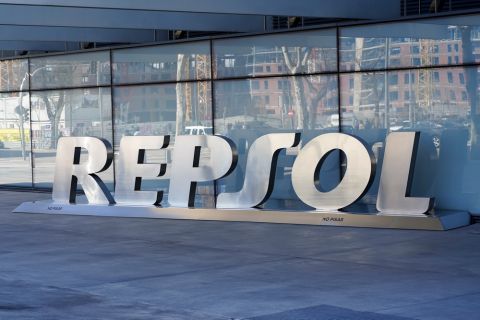
Petrobras is working to reduce capex and opex for production offshore in areas such as subsea systems, surface systems, processing and construction, starting with 39 R&D projects. (Source: Shutterstock.com)
RIO DE JANEIRO—Despite some relief in its financial woes due to positive gains of roughly $1.96 billion in first-quarter 2018, the biggest net earnings in five years, Petrobras is still fighting to further lower costs and operational expenses for the company’s production systems.
To achieve that, Petrobras launched the Technological Program for Cost Reduction in Offshore Production (PROREC) in June. The goal is to promote the development and application of technological solutions for the company’s subsea activities. The program is responsible for the management of projects which include the R&D portfolio focused on reducing investment costs (capex) and operating costs (opex) in offshore production. It covers the areas of wells, subsea systems, surface systems, processing and construction.
The program is coordinated by Cenpes, the research unit of Petrobras responsible for R&D and basic engineering for the company. PROREC starts with a portfolio of 39 R&D projects focused on the offshore production area.
The team responsible for carrying out PROREC was created earlier this year. Rodrigo Loureiro of Petrobras’ production engineering R&D team was chosen as the coordinator of the project. According to Loureiro, the coordination team will provide a detailed follow-up on the development of the projects in operation as well as the financial situation, mitigation of deviations and the guarantee of implementation.
“We work for a more effective integration with the client areas, enabling greater proactivity in meeting the demands. We will work together with the client areas in the identification of opportunities to anticipate possible demands and evaluate if you have a project that already meets that need or if we need to find a new solution. Therefore, the portfolio is dynamic and can win new projects,” Loureiro said.
For Loureiro, this program will bring relevant results to the company through strategic initiatives and technological partnerships that seek to reduce production costs to maximize profits for the company.
According to the executive, PROREC's portfolio will include 14 projects that will enable a direct return on investment, 22 with a reduction in operating costs and three with reductions in both investment and operating expenses.
The Anchoring Systems Optimization, which was applied to Libra presalt field, is one of the PROREC projects that can contribute to cut costs during E&P activities. Through techniques and optimization tools, the project was designed to reduce the number of anchor lines needed in the stationary production unit. It also helps to open the anchoring perimeter of these lines, allowing for a shorter riser length.
Located in the Santos Basin, the Libra Field first oil flowed in November 2017 through FPSO Pioneiro de Libra, which has a production capacity of 50,000 barrels of oil per day. Libra, which has recoverable volumes estimated by Brazil’s oil regulator ANP of between 8 billion and 12 billion barrels, is located in the high-yield region off the coast of Rio de Janeiro.
In addition to projects focused on optimizing the installation of production units, the program’s portfolio has projects aimed at improving well construction and production output, optimizing underwater arrangements, improving the primary processing of platforms, increasing reliability and optimization of the maintenance and inspection of submarine and surface systems, developing technologies and tools to optimize the processes of construction and assembly and enabling subsea processing and generation among others.
To make these projects feasible, Petrobras has established agreements and partnerships with universities in Brazil and abroad as well as formed partnerships with companies and suppliers.
“Cenpes represents very well our unique technical capacity and our integrated action in collaboration not only with the company’s business areas but also with several types of partners—whether suppliers, universities or other companies in the sector,” said Gustavo Adolfo Villela de Castro, general manager of Cenpes Production Development Research. “The current oil world offshore scenario requires a greater integration of these organizations in order to make production viable.”
Recommended Reading
US Orders Most Companies to Wind Down Operations in Venezuela by May
2024-04-17 - The U.S. Office of Foreign Assets Control issued a new license related to Venezuela that gives companies until the end of May to wind down operations following a lack of progress on national elections.
US Decision on Venezuelan License to Dictate Production Flow
2024-04-05 - The outlook for Venezuela’s oil industry appears uncertain, Rystad Energy said April 4 in a research report, as a license issued by the U.S. Office of Assets Control (OFAC) is set to expire on April 18.
US Threatens to Not Renew Venezuelan Energy Sector License
2024-01-31 - The U.S. Department of State alerted Venezuela that it could decide not to renew General License No. 44 amid what Washington has labeled “anti-democratic actions.”
Repsol Eyes Increasing Core US Upstream Business
2024-02-29 - Madrid-based Repsol SA will invest €$2.2 billion (US$2.38 billion) between 2024-2027 on its unconventional assets in the Marcellus and Eagle Ford as it focuses on increasing its core U.S. upstream business platform.





